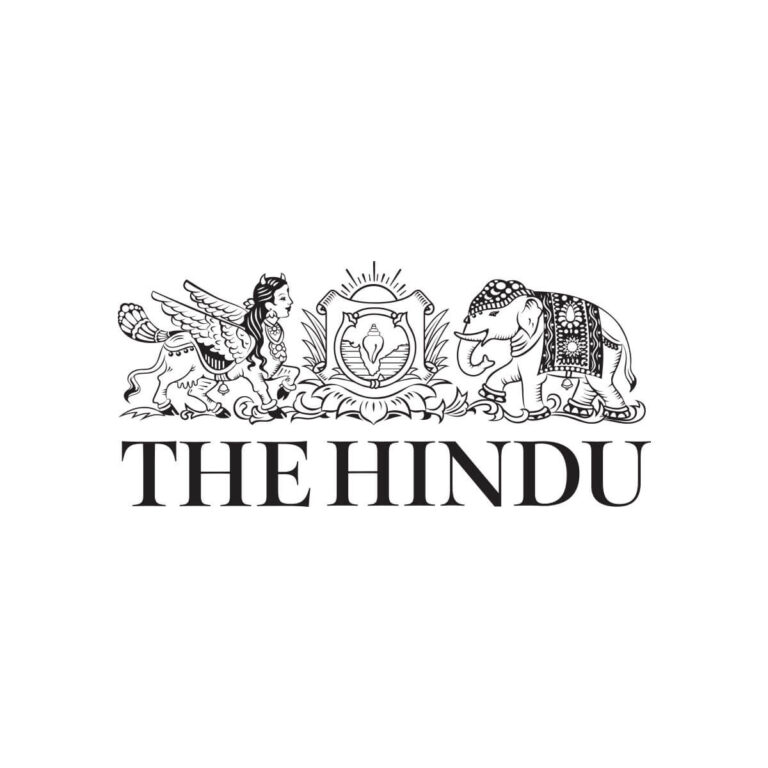France’s left-wing coalition of parties, the New Popular Front, made up of socialists, communists, environmentalists and the far-left French Indomitable Party, surprised election observers by emerging as the largest single force in the general elections called by President Emmanuel Macron last month following the European Parliament elections. The New Popular Front came in first with 182 seats, beating Macron’s centrist coalition’s 168 seats. In third place was Marine Le Pen’s far-right National Rally and its allies, much to the surprise of supporters hoping to repeat their European election victory, but its 143 seats was a significant improvement over the 89 seats it won in 2022. While both the left and the right may have reason to celebrate this result, it is the prospect of Macron moving France forward politically and economically along a centrist line that really hurt voters this time. With no party winning the 289 seats needed for an absolute majority, France now faces the bleak prospect of continued political uncertainty. This is precisely the scenario President Macron was trying to avoid when he called for general elections to be brought forward by three years.
At the heart of the current conundrum in France is mainstream concern about the rise of the right across all spheres of European politics. The National Rally, founded by Jean-Marie Le Pen, Le Pen’s father, a Holocaust denier and radical on immigration, was once considered an “unviable political option.” Now led by 28-year-old Jordan Bardella, the party is actively trying to change its public image, even if it means softening its stance on immigration, minorities, religion and employment issues. A broader regional paradigm that reverberated through the elections is that the European political right finds a degree of acceptability in countries such as the Netherlands, Italy and Finland as well. And in these and other countries, policies tend to change frequently and vary widely across the region, making it relatively difficult to categorize them as “far-right.” In France, the National Rally may have won as many or more voters for its views on immigration, thanks to its consistent challenge to Macron on the country’s cost-of-living crisis. In Italy, Prime Minister Giorgia Meloni recently scolded her party’s youth wing for making the fascist salute. But anti-immigration views have strong support among voters, delivering unexpected electoral gains to Geert Wilders in the Netherlands, Nigel Farage of Reform UK in the UK, and the AfD party in Germany. Across Europe, one thing is clear: the battle for political dominance between the right, left, and center has never been fiercer.
This is a premium article available only to our subscribers. To read over 250 premium articles every month,
You’ve reached your limit for free articles. Support quality journalism.
You’ve reached your limit for free articles. Support quality journalism.
You have read {{data.cm.views}} from {{data.cm.maxViews}} Free articles.
This is the last free article.

